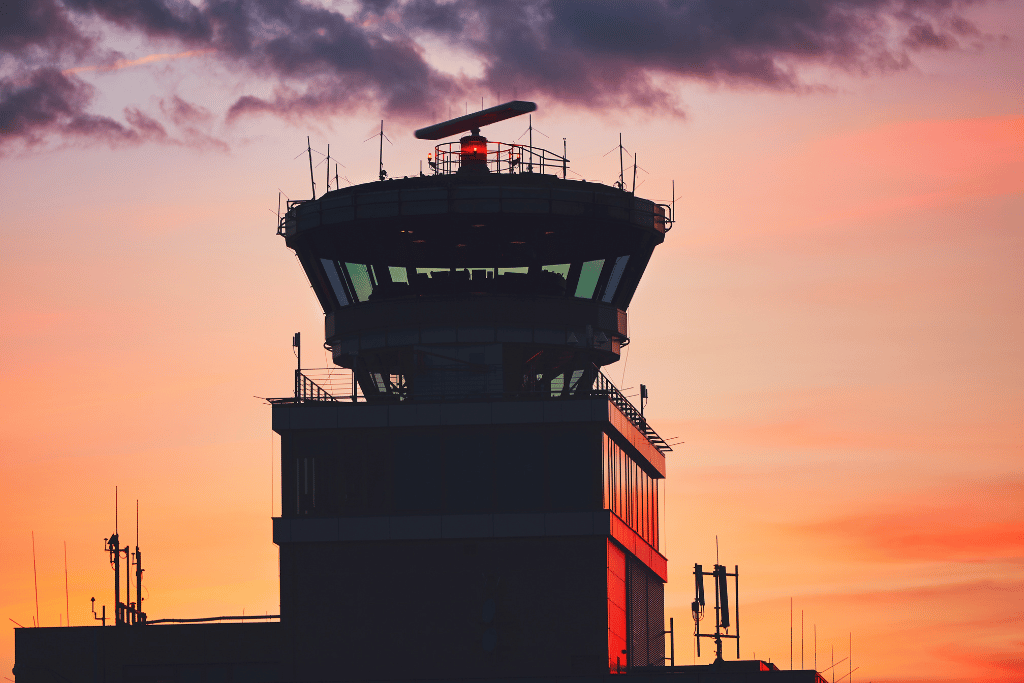
On August 28, 2023, a technical failure in the UK’s air traffic control system caused widespread disruption to flights, with hundreds of cancellations and delays. The outage, which lasted for several hours, was the worst single day’s disruption to UK flying since the Icelandic volcano in 2010.
The problem was caused by a network-wide failure of NATS’s flight planning system. This meant that air traffic controllers were unable to automatically generate flight plans, and had to input them manually. This caused a significant slowdown in the processing of flights, and led to the cancellation of over 1,200 flights.
The disruption continued into the following day, as airlines struggled to rebook passengers on alternative flights. Many passengers were stranded at airports for hours or even days, and some had to cancel their travel plans altogether.

The air traffic control failure was a major blow to the UK’s aviation industry, which is still recovering from the COVID-19 pandemic. The disruption is likely to have a significant impact on the UK economy, as it will deter tourists from visiting and businesses from investing in the country.
What caused the air traffic control failure?
The exact cause of the air traffic control failure is still being investigated, but NATS has said that it was caused by a network-wide failure of its flight planning system. The company has apologized for the disruption, and said that it is working to identify the root cause of the problem and prevent it from happening again.
What impact has the air traffic control failure had?
The air traffic control failure has had a significant impact on passengers, airlines, and the UK economy as a whole.
Passengers
Thousands of passengers have been affected by the air traffic control failure, with many experiencing cancellations, delays, and long queues at airports. Some passengers have been stranded for hours or even days, and some have had to cancel their travel plans altogether.
Airlines
The air traffic control failure has also had a significant impact on airlines. Airlines have been forced to cancel flights, rebook passengers, and provide compensation to affected customers. This is likely to have a major financial impact on airlines, many of which are still struggling to recover from the COVID-19 pandemic.
UK economy
The air traffic control failure is also likely to have a negative impact on the UK economy. The disruption will deter tourists from visiting and businesses from investing in the country. This could lead to job losses and a slowdown in economic growth.
What can be done to prevent air traffic control failures from happening in the future?
NATS has said that it is working to identify the root cause of the air traffic control failure and prevent it from happening again. However, there are a number of other things that can be done to improve the resilience of the UK’s air traffic control system.
One option is to invest in new technology. NATS has already announced plans to invest £1 billion in new technology over the next five years. This new technology could help to reduce the risk of network failures and make the air traffic control system more resilient to disruptions.
Another option is to have a backup system in place. NATS currently does not have a backup system for its flight planning system. This means that if the system fails, air traffic controllers have to input flight plans manually. This is a slow and time-consuming process, and it can lead to significant delays.
Finally, the UK government could consider reviewing the way that air traffic control is regulated in the UK. NATS is currently a private company, but it is responsible for a vital public service. The UK government could consider bringing NATS under public ownership, or regulating it more closely. This could help to ensure that the company is investing in the necessary infrastructure and technology to keep the UK’s air traffic control system safe and reliable.
Conclusion
The air traffic control failure on August 28, 2023, was a major disruption to the UK’s aviation industry. The disruption is likely to have a significant impact on passengers, airlines, and the UK economy.
It is important to learn from this incident and take steps to prevent air traffic control failures from happening in the future. This could involve investing in new technology, having a backup system in place, and reviewing the way that air traffic control is regulated in the UK.


